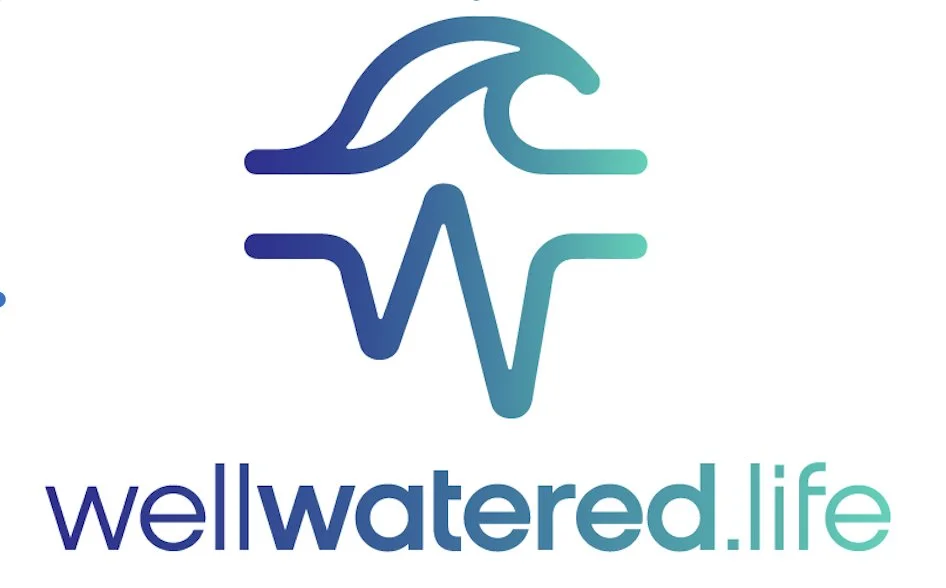Why Swim? The Science and Soul of Water Exercise
In the last month or so, I have been inspired to dive back in to lap swimming. It has been wonderful! Every time I dive into a pool, I’m reminded that swimming isn’t just exercise — it’s something deeper. More elemental. Something wired into us.
And I’m not alone in that feeling.
Across the globe, millions of people swim regularly — not just for fitness, but for focus, for recovery, for joy.
In fact, swimming is the second most popular recreational activity in the United States, behind only walking. In Australia, we punch well above our weight in lap lanes and ocean swims alike. The swim is part of our cultural rhythm — from backyard pools to early morning beach dashes at Manly and Bondi.
But why do so many of us choose swimming over other forms of movement?
A Body in Water is a Body at Ease
One of the most compelling answers comes from Bonnie Tsui’s brilliant book Why We Swim. Tsui weaves together stories from scientists, survivors, Olympians, and open-water addicts to show how swimming speaks to our biology and psychology in unique ways.
Swimming is a full-body, low-impact workout. Every stroke pulls against water — a natural, gentle resistance — building muscle while sparing joints. The buoyancy of water supports the body, relieving stress and pain. No wonder researchers found that swimming can improve blood pressure and vascular function more effectively than walking or cycling.
And then there’s breath. Swimming demands a dance with breath that strengthens the lungs and calms the nervous system. As we submerge and surface, we practise controlled breathing — which in itself is a powerful tool for mental health.
“For many swimmers, the act of swimming is a tonic,” writes Tsui. “In that old-fashioned sense of the word: it is a restorative, a stimulant, undertaken for a feeling of vigor and well-being”.
More Than Fitness — A Way to Think, Dream, and Play
Swimming doesn't just help the body — it quiets the mind.
In the water, our brain enters a different mode. The rhythm of the strokes, the softness of the soundscape, the mild sensory immersion — all of it activates what's known as the default-mode network in the brain. That’s the part responsible for creativity, imagination, and deep problem-solving.
“Daydreaming is critical to problem solving and creativity,” Tsui notes. “It’s the reason you get some of your best ideas in the shower”.
This is backed by research into “Blue Mind” — the idea that being near or in water boosts mental clarity, calm, and creativity. Dr. Wallace J. Nichols’ work and book Blue Mind explore how aquatic environments activate the parts of our brain that allow for insight and imagination.
And then there’s joy. Bonnie Tsui says “Swimming is a way for us to remember how to play.”
Why Add Swimming to Your Weekly Fitness Routine?
If you’re already active — maybe you run, ride, lift weights, or hike — swimming might seem like a nice-to-have. But the science (and experience) suggests it’s more than that. It’s a powerful complement to land-based fitness.
Here’s why:
Low Impact Recovery: Unlike running, swimming takes the load off your joints while still working the cardiovascular system. It’s active recovery in its purest form.
Whole-body Strength: Water provides gentle resistance in every direction. That means your core, arms, shoulders, legs — they all engage, without the pounding of a treadmill or trail.
Breath Control & Lung Health: Especially useful for runners or endurance athletes, swimming trains your lungs under pressure and enhances breath efficiency.
Joint Relief: Studies show that swimming helps manage arthritis, reducing stiffness and improving joint function.
Mental Reset: The immersive environment, the breath rhythm, and the silence of water help reduce cortisol and mental fatigue. Swim England’s research found 1.4 million adults used swimming to reduce symptoms of anxiety and depression.
Cold Water Adaptation: For those dipping into open water, the combination of cold exposure and movement has metabolism-boosting, fat-browning and mood-elevating effects.
For me personally, swimming has been an on-and-off companion. I grew up doing weekly swimming club races — even if it was just 50m freestyle — and I loved the feeling of competing at carnivals. There was something electric about the power of butterfly; a feeling of flying in water.
Later, I found deep joy in triathlons — swimming, cycling and running in beautiful locations. The chaos at the beginning of the swim leg, arms and legs clashing in the chop, felt like a challenge I could rise to.
Recently, after reading Why We Swim, I’ve found myself being drawn back in. Not with competition in mind, but contemplation. I now swim slowly, following the black line, breathing deeply. It’s become a rhythm of rest and reset — the perfect counterweight to arduous hitting the pavement of marathon training.
Swimming, for me now, isn’t just exercise. It’s immersion. It’s observation. It’s play.
It’s a weekly return to the element that cradles us, holds us up, and reminds us how to breathe well and live well.
If you haven’t swum in a while, maybe it’s time. A quiet dip. A few lazy laps. A cold plunge. Let the water do what it does best — lift, restore, and reawaken.
💧 What has swimming meant to you? Or what's holding you back from the water?
Let me know — I’d love to hear your story.


